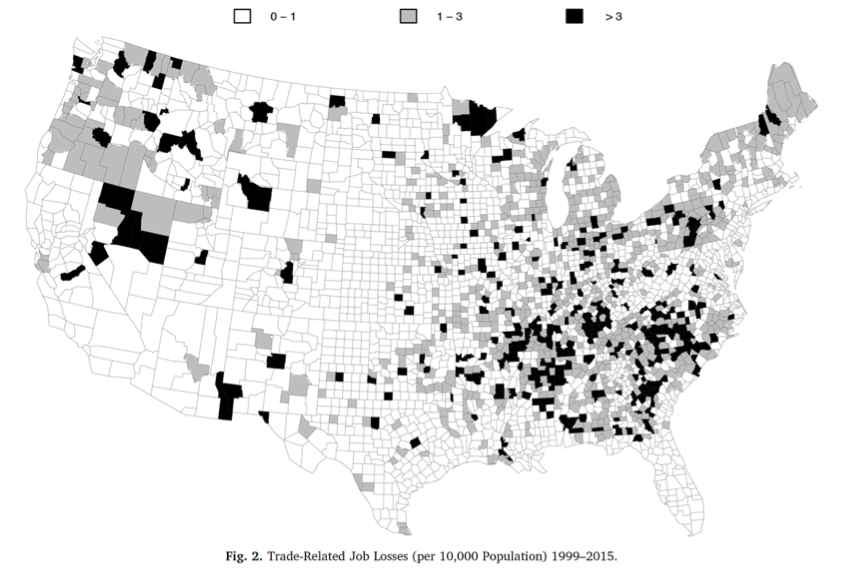
Credit
Overt the last several years, the pharmaceutical industry has been accused of inappropriately and misleadingly advertising prescription drugs to consumers, charging exorbitant prices, paying competitors not to release less expensive generic drugs, and negotiating trade agreements that benefit the industry at the expense of the public. As public concern about these practices grows and as the 2020 election gets closer, Big Pharma is getting closer scrutiny.
A few recent actions illustrate this new climate. Earlier this month, reports The New York Times, the Trump administration announced that for the first time will, it will require pharmaceutical companies to include the price of prescription drugs in television advertisements if the cost exceeds $35 per month. The move is the most visible action the administration has taken so far to address the rising cost of prescription drugs. It has been a key issue for American voters and one that both Republicans and Democrats have vowed to address.
In Congress, Reps. Judy Chu (CA-27) and Devin Nunes (CA-22) last month introduced the Sunshine for Samples Act of 2019. This bill would amend the Sunshine Act, which requires pharma companies to report payments to doctors, to require companies that manufacture drugs, devices, biologics, or medical supplies to publicly make available the number and value of free drug samples given to health care providers and charities each year. The bill closes a loophole in the Sunshine Act and does not prevent drug and device manufacturers from continuing to provide free samples, nor does it add any new burdens to providers under the Open Payment Programs.
Both the Federal Trade Commission and Congress have also acted to oppose “pay for delay” a costly legal tactic that more and more branded drug manufacturers have been using to stifle competition from lower-cost generic medicines. These drug makers have been able to sidestep competition by offering patent settlements that pay generic companies not to bring lower-cost alternatives to market. Last month , Congressman Jerrold Nadler introduced H. R. 2375 , the Preserve Access to Affordable Generics and Biosimilars Act. The bill proposes to prohibit prescription drug companies from compensating other prescription drug companies to delay the entry of a generic drug, biosimilar biological product, or interchangeable biological product into the market.
These recent actions suggest that the 2020 election will provide public health professionals and advocates with opportunities to educate the American people and elected officials about the practices of the pharmaceutical industry and to counteract pharma’s extensive spending to influence Congress.









